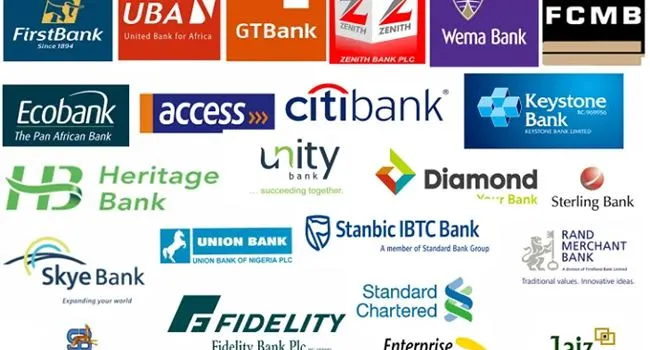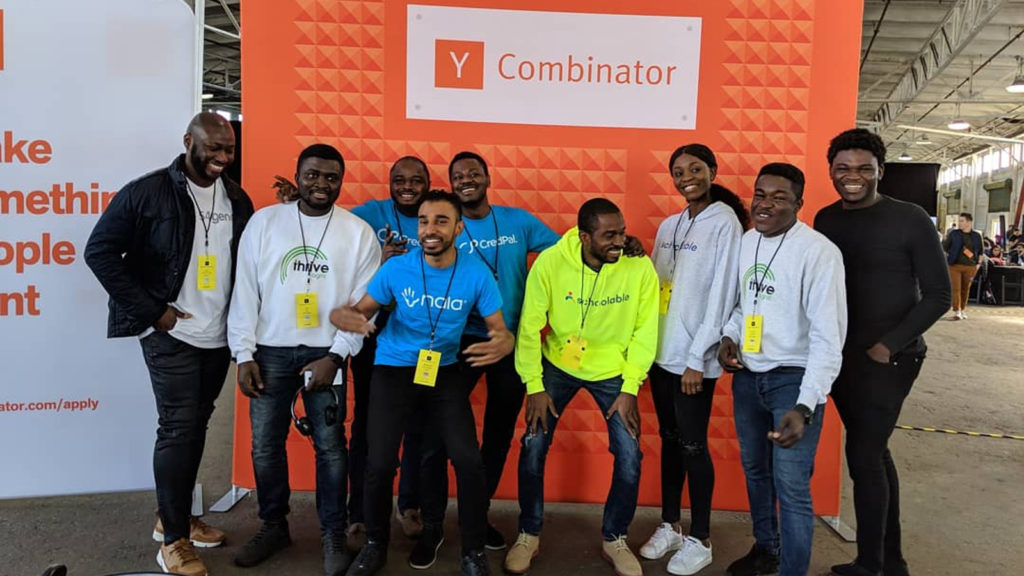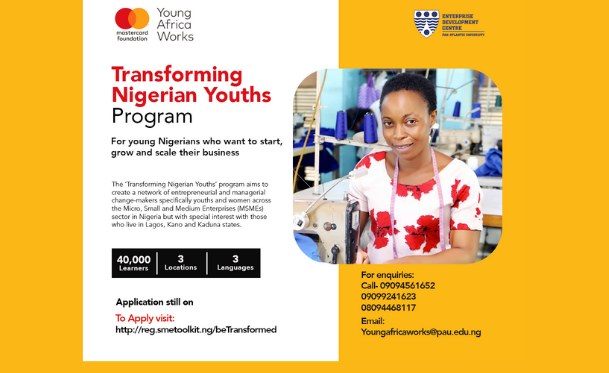Visa, a global leader in digital payments, has opened the application process for the second cohort of its Africa Fintech Accelerator program.
The announcement was made at Fintech Day in Morocco, where industry experts gathered to explore opportunities for enhancing digital payments and financial inclusion in the country. The initiative aims to support Seed to Series A startups operating in Africa, with specific focus areas outlined for potential applicants.
Read also: Nigerian fintech, Cleva secures $1.5M in pre seed funding
Application Period and Criteria
Visa’s Africa Fintech Accelerator program is actively seeking applications from Seed to Series A startups in Africa. The application window is open until February 29th, 2023. Interested startups falling under the following categories are encouraged to apply:
Unlocking Money Movement: Digitizing various payment types (P2P, B2C, B2B, G2C) to create new commerce opportunities, including cross-border remittances, open banking, mobile money flows, and interoperability.
Embedded Finance: Enhancing payment and finance experiences in B2C and B2B commerce models, including installments, flexible financing, consumer loyalty, and Fintech-as-a-Service.
Empowering Merchants and SMEs: Accelerating the growth of merchants and SMEs through digital payment solutions to foster financial inclusion, focusing on omnichannel payments, digital onboarding, working capital optimization, and value-add solutions.
Payment Infrastructure Enablers: Building the base layer of payment infrastructure and enabling services such as authentication, fraud solutions, digital onboarding, identity management, credit scoring, risk management solutions, and data insights.
The Future of Finance: Embracing emerging technologies like AI-powered payments, blockchain, enterprise DLT, and programmable money.
Sustainable and Inclusive Finance: Enhancing payments technology to contribute to an eco-friendly economy, drive inclusiveness, reduce inequality, and create positive impact through financial services for underserved communities.
Demo Day and Networking
The program’s first demo day is scheduled for February 13th in Nairobi. During this event, startups from the first cohort will present their innovations to key players in the ecosystem, including funding partners, angel investors, and venture capitalists.
Success of the First Cohort
The first cohort of the accelerator program featured startups from over 18 African countries, with a notable presence from Morocco, Egypt, and Tunisia. The selection process shortlisted participants from a pool of over 1,000 applicants. The program demonstrated diversity, with 48% of the startups having a woman founder or a woman in their leadership team.
Participants from the first cohort shared positive experiences, highlighting the comprehensive guidance and mentorship received. Ayoub Rqibi, COO and co-founder of Paytic Connect, lauded the program for providing invaluable support in clarifying goals, refining business models, and accelerating progress. The program’s network and resources facilitated the formation of strategic partnerships and access to new opportunities.
Visa’s Investment Pledge
Visa’s Africa Fintech Accelerator program aligns with the company’s commitment to invest $1 billion in Africa by 2027. This investment is aimed at revolutionizing Africa’s payment ecosystem and bolstering the digital economy.
Leila Serhan, Senior Vice President, Group Country Manager for North Africa, Levant and Pakistan (NALP), Visa, emphasized the program’s role in supporting Africa’s fintech ecosystem. She stated, “This unique experience will offer entrepreneurs an opportunity for mentorship and fast-tracked growth, while also providing them access to a wider network of invaluable partners and investors.”
As the fintech landscape in Africa continues to evolve, Visa’s accelerator program stands as a catalyst for innovation, collaboration, and sustainable growth in the region’s digital economy. Startups with groundbreaking solutions are encouraged to seize this opportunity to contribute to the transformation of Africa’s financial technology landscape.









